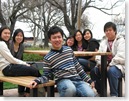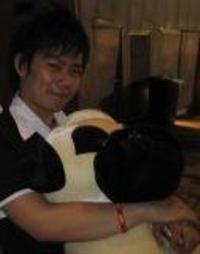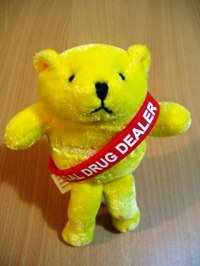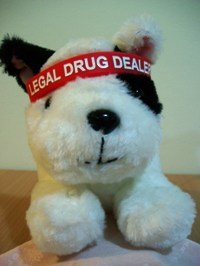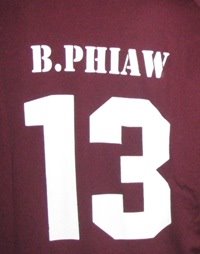It was a nice coincidence that I got to celebrate the start of my fourth year in service as a pharmacist with an unique ‘job’ experience.
As the title suggests, I got to follow a mobile doctor clinic to some of the rural villages near Daro.
It all started on a Monday morning with an one hour long boat trip out to the South China Sea.
Our destination is a village on an island as big as Langkawi, but as places in Sarawak generally are, a thousand times more underdeveloped.
Welcome to Kampung Bruit, a sleepy village on the eponymous island of Bruit, a few kilometres away from the town of Daro by boat.
Kampung Bruit is a fishing village, where there are more boats than any other forms of transportations.
During our visit, it was the prawn season, and we can see returning fishermen with their boatful of catch-of-the-day.
The village was also famous for their dried fish, which they processed in big open BBQ pits by the roadside.
The trip was a real eye opener, because it was quite hard for us city slickers to imagine that in the 21st century and nearly 50 years post independence era, there is still a populated place of 2000 people without piped water nor car.
The roads in Bruit were uneven and crumbling, and in places rickety bridges had to be built so that crossings are possible. The only streetlight in the whole kampung is as depicted in the photo below.
Imagine if you live in this house, and had to navigate this road to and fro everyday. Notice too the numerous blue water tanks, it was the hallmark of every single house in the village.
I was there to visit the government health clinic situated on the island, which looked like this:
My main role during the visit is to teach the villages how to use and better understand the medications they are taking, a campaign known as “Know your medicines”. Even though most of them are not well educated, they are quite receptive to the talk.
The trip was a novel experience, because it added another dimension to my appreciation of how the health service works and the hardships some citizens faced just to see the doctor when they are sick.
There are just so many basic challenges they faced to get something we take for granted – accessibility to healthcare, be it the price of the boat petrol, the tide, the weather, the long journey, their lack of education and insight of their medical conditions.
We grumbled and scolded when they missed their appointments or wanted full supplies of medicine. We thought that they couldn’t care less about their diseases or are just plain lazy; but little do we pause to think or are willing to find out the reasons behind it - and the reasons can be harrowing.
I think we all need trips to places like this to get better connected to the real world and people we are serving. Only that we will realise what we should focused on in our jobs and care for our patients just a little bit more.
























